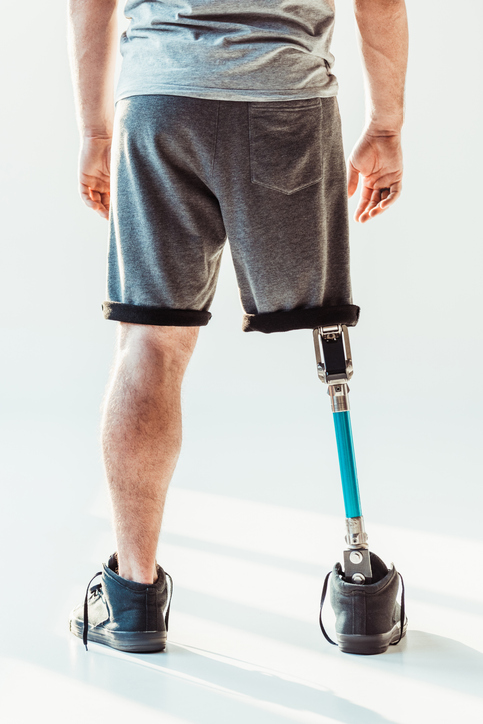Latinos Diabetes Patients Much More Likely to Undergo Amputations

Diabetes development can lead to numerous life-changing complications when the disease spirals out of control, including the amputation of limbs. As the prevalence of the illness continues to rise––30 million Americans are estimated to have diabetes––black and Latino patients are more likely to have an amputation compared to non-Hispanic whites, CNN reports. Diabetic foot complications exact a substantial clinical and economic toll in acute care settings, particularly among the rural and working poor. The Centers for Disease Control reports that in 2014, an estimated 29.1 million adults in the United States, or 9.3% of the adult population, had diabetes. In California (39.1% Latino), minority groups were more than twice as likely as whites to undergo amputations, ...
Read More







